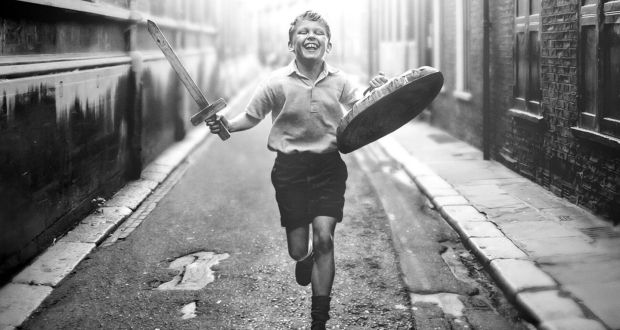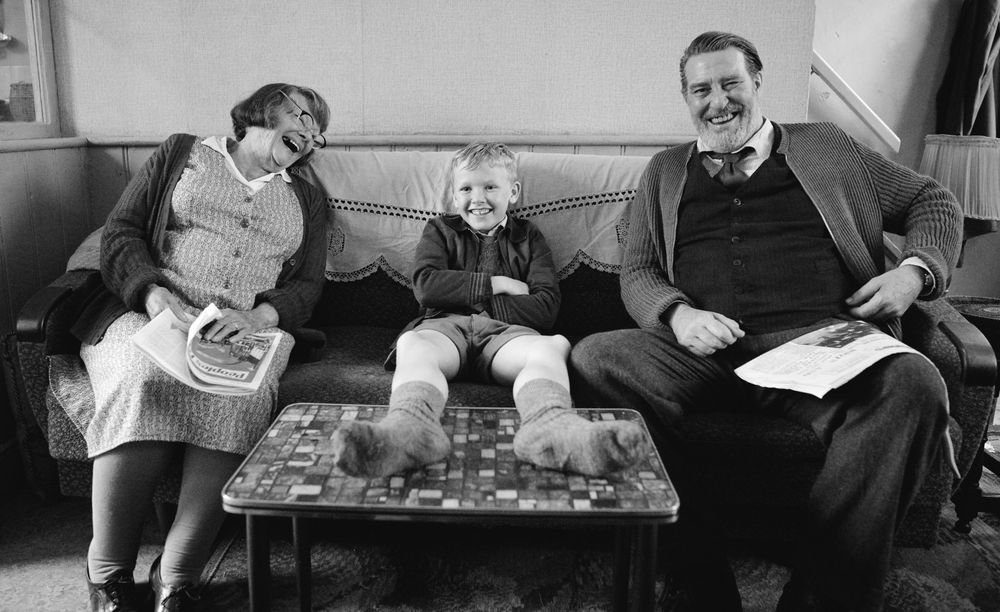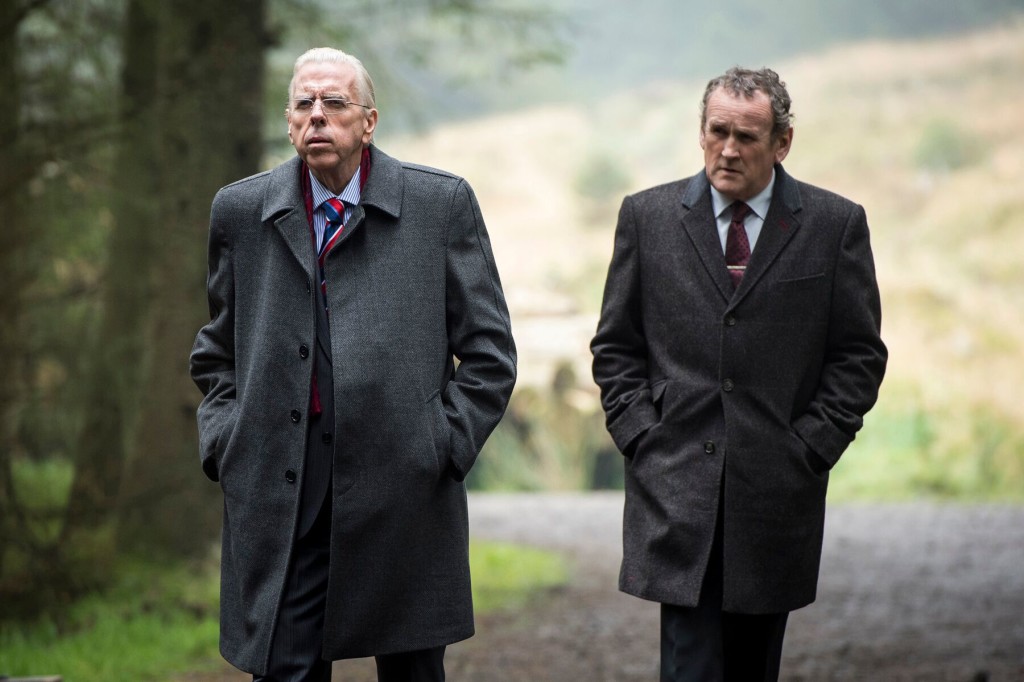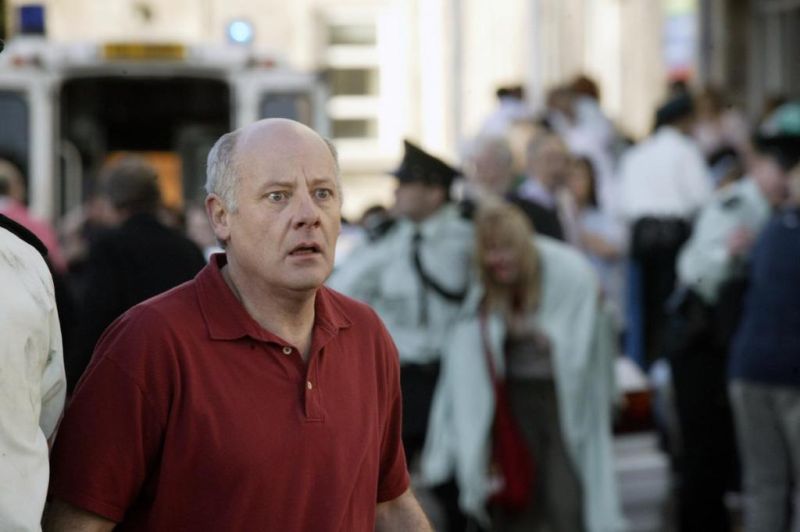
In the raucous comedy Kneecap, a trio of Belfast slackers get busted for spraying some pro-republican graffiti, and, in the police station, resist by refusing to speak anything but the Irish language. When the frustrated anti-republican constabulary kick them loose, the guys form a hip-hop group that raps in Gaelic, with the provocative name Kneecap. Amazingly enough, this is the actual origin story of the real band Kneecap, whose members (Mo Chara, Móglaí Bap and DJ Próvai) play themselves in this film.
While Kneecap is about promoting Irish nationalism by embracing the Irish language, it has the tone of Roadrunner versus Wiley Coyote. Plenty of comic situations arise as our three rascals play a frenetic cat-and-mouse with the humorless and repressive cops. Adding a layer of complication to their new local notoriety, the father of one of the band members has faked his death to hide from both the cops and the IRA. The father is played by German-born but Irish actor Michael Fassbinder, he of the two Oscar nominations, who has somehow found himself in this goofy little movie.
You won’t see a more energetic movie this year. Kneecap is the first narrative feature for director and co-wrier Rich Peppiatt, and he is responsible for the zesty pace, even throwing animation and camera effects into his spicy movie, and he’s pulled it off with some first-time screen actors.
Kneecap is a good choice for those especially interested in Ireland, or for those in the mood for some harmless bawdy fun. Mid-movie, The Wife said “at this point, it’s gonna become predictable”, but then she was pleasantly surprised.
For serious dramas about Irish nationalism in Northern Ireland, see my Best Films about The Troubles (Northern Ireland).
Kneecap, which won the audience award in Sundance’s NEXT section, is now streaming on Amazon and AppleTV.




